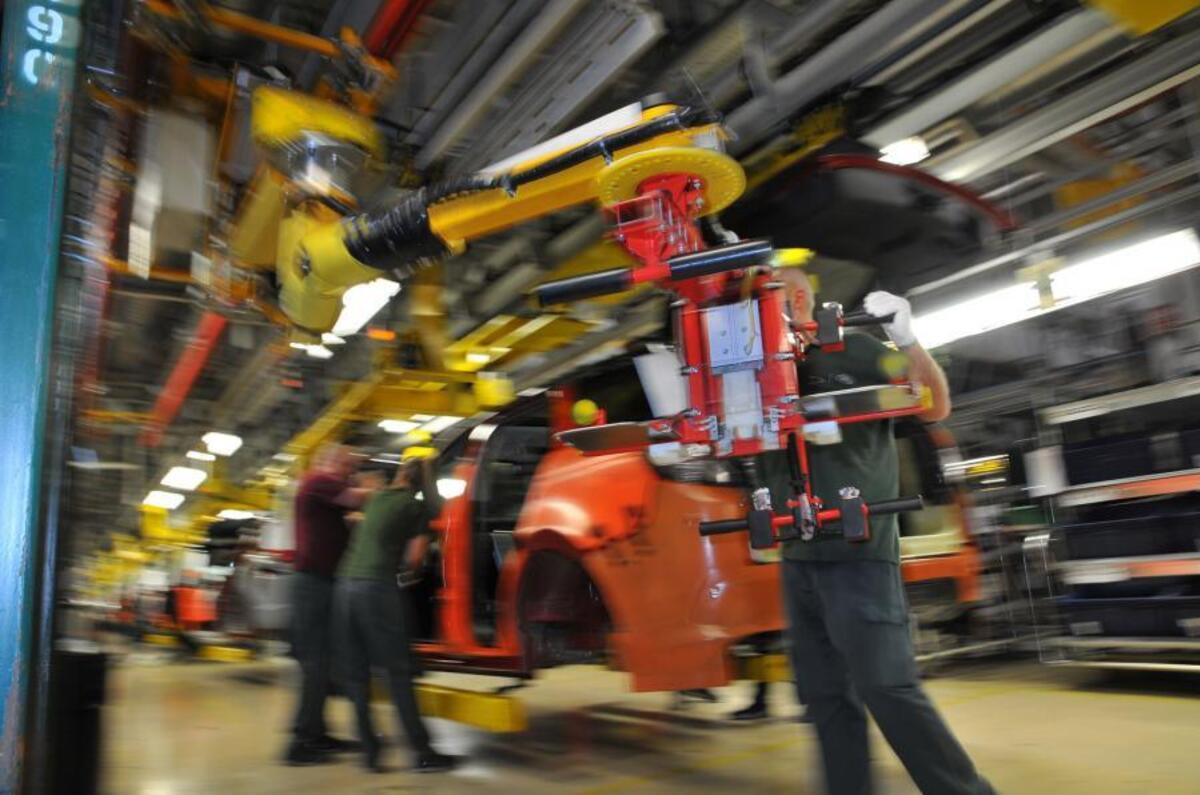The automotive industry was severely hampered by a shortage of semiconductor chips in 2021, with impacts further exacerbated by the pandemic.
Several manufacturers are still feeling the strain, with many believing supply issues will continue to affect the industry well into 2022.




Join the debate
Add your comment
No menton of the fact that Tesla re-wrote software in order to utilise chips that were in stronger supply. Probably because that would expose the fact that Autocar advertisers, the legacy carmakers, don't have the expertise to do things like that. The other issue that this article ignores is 'Osborne's Law'. This is the phenomenon whereby buyers put off buying a product because they are waiting for a better version to arrive on the market. Thousands of people are now waiting for the right EV to arrive for their needs and they are not going to waste their money on another obsolete ICE car. This is a serious problem for legacy automakers.
And, Who is really benefitting from this just now?, and why didn't they see this coming?
Automobile manufacturers across the globe have anticipated huge earnings cut due to chip shortages in the automotive industry and adopted drastic measures to cope up with the situation.